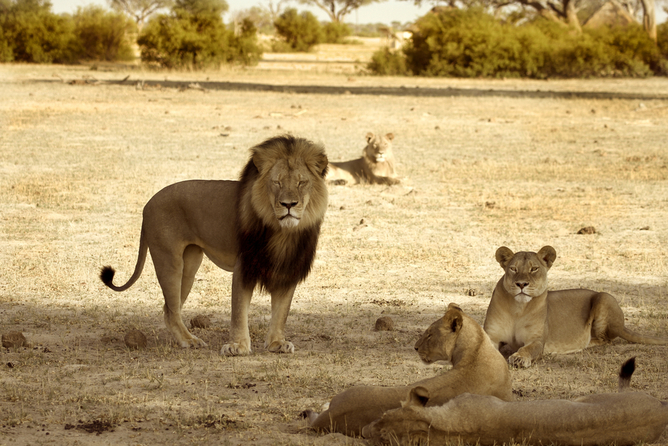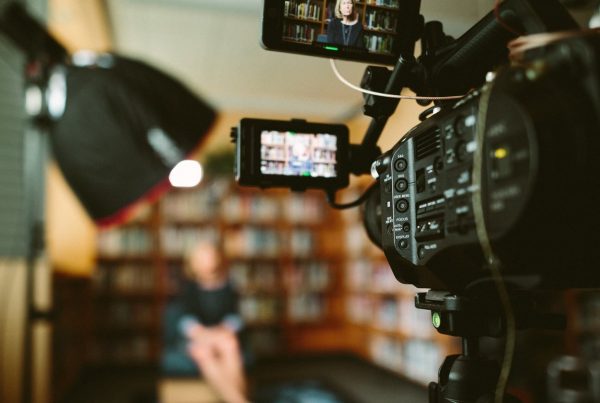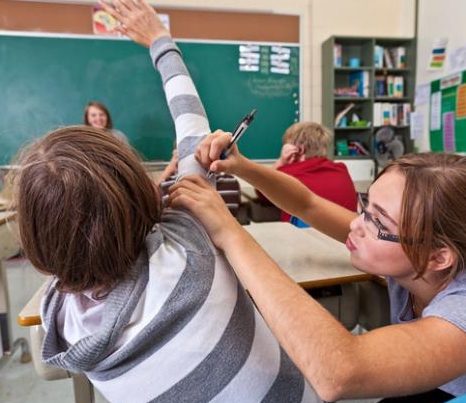The reaction on social media to the shooting of Cecil demonstrates the power of social media – even though it happened after the fact. Dare we suggest, it’s put the locals on notice to stop it happening again and that their justification doesn’t wash.
The defence by the locals of the shooting of this popular lion is typical of how the closer we are to a topic, the more distorted our view can become. In this case, some locals argue: old lion, past his prime; shoot him for money; aids preservation.
The justification for game-hunters shooting lions, or other endangered species, seems to me about as sound as the Japanese argument for killing whales. It simply defies logic, except on the grounds of short-term economic benefit to a few.
There may be some logic to farming wild animals for profit, as they do with crocodiles in Northern Australia for their meat and skins destined for high-end Hermes bags. But that’s about where it stops.
The much better way to ‘exploit’ Cecil is the keep him as a poster boy. And work harder at promoting tourism.
The natural antidote to this distorted local thinking is exposing it via globalisation and social media – it outs extreme vested interests and draws us to a world view.
The same goes for all sorts of distorted marketing strategies, from people who flog dodgy diets, to countries like Egypt that have pretend trials to imprison people like Peter Greste. Social media shines a light into a kinds of dark corners.
It doesn’t mean that minorities are destroyed, the evidence is to the contrary. It means that our intolerance for socially unacceptable behaviour of any kind is given a voice, and power.






